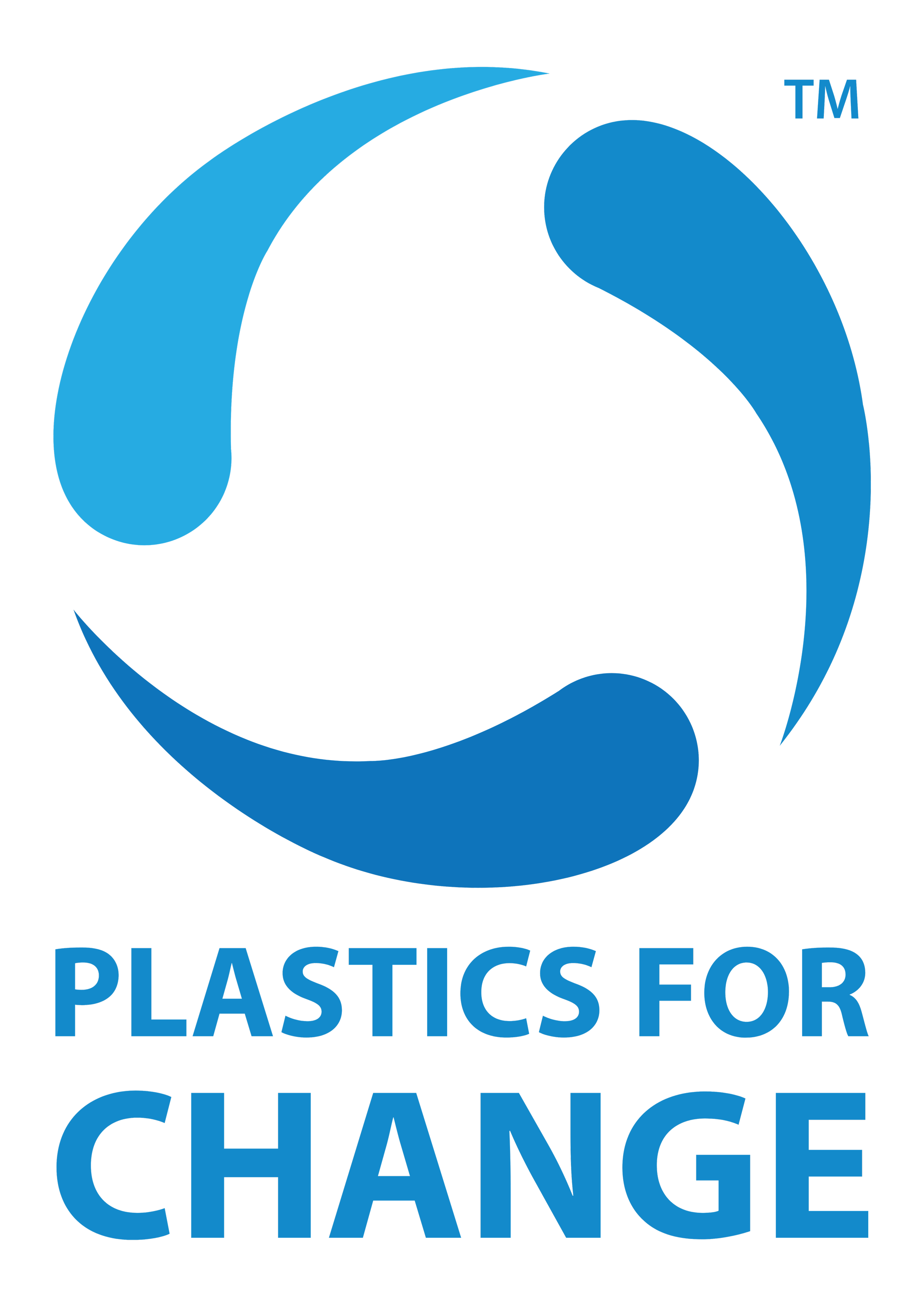How Plastics For Change became the first fair trade recycling company verified by the World Fair Trade Organization
Our fair trade journey began with a bold idea. That plastic could be used as a resource to reduce poverty. We launched a crowdfunding campaign titled “The World's First Fair Trade System for Urban Waste Pickers.” This campaign was successful and provided the seed funding to get started.
In 2016, The Body Shop provided funding to hire field workers and set up the supply chain. The Body Shop’s founder Anita Rodick started The Body Shop’s community trade program in India over 30 years ago. Community Trade is The Body Shop’s in-house fair trade verification that sources quality ingredients from producers across the world and enriching economically vulnerable communities.
The Body Shop helped us apply fair trade systems from their agriculture supply chains to the informal waste economy. From 2016-2019 The Body Shop team visited our operations and provided over a month of in-kind support on the ground in India. This included technical support to improve the quality of the plastic and help to develop the franchise model, which is based on community trade principles of elevating conditions and pay for workers
With the support of our supply chain stakeholders and local NGO partner Hasiru Dala / Hasiru Dala innovation we were able to implement the Community Action Plan to bring fair trade principles to the supply chain.
In 2018, Plastics For Change achieved the Community Trade requirements and become an official Community Trade partner of The Body Shop.
The many years of hard work becoming a Community Trade partner of The Body Shop paved the way in later becoming verified with the World Fair Trade Organization since there are many similarities between the two verification n schemes.
The World Fair Trade Organization Verification process.
In May 2019, Plastics For Change was verified by the WFTO as a Fair Trade Guarantee member.
To receive the Fair Trade Guarantee from the WFTO Plastics For Change needed to meet WFTO Standard compliance criteria defined by the 10 Principles of Fair Trade. In addition to the Standard compliance criteria, all members have to comply with the WFTO Code of Practice.
The WFTO conducted a three-day audit of our Bangalore supply chains. Our entire operation was scrutinized by an auditor who inspected payment books, working conditions, worker feedback, women to man ratio, no child labour checks and more. Our mobile platform enables Plastics For Change to create transparency and accountability in the supply chain. The mobile app connects the supply chain and incentives socially and environmentally responsible behaviours.
What the WFTO label means for people and the planet
According to The World Fair Trade Organization, receiving ‘The WFTO Product Label’ is more than just a Fair Trade symbol. It shows ‘the practices across the supply chain are checked against the WFTO Fair Trade Standard’ and ‘represents support to the battle against poverty and inequality.’
Empowering marginalized communities to recycle plastic is core to our business. Over 3 billion people globally live without formal waste management systems — almost half the planet’s population. Many cities, therefore, rely on informal waste workers, also known as waste-pickers to pick up the waste. They form a critical line of defence, keeping plastic out of the oceans.
But despite providing the vast proportion of the country’s waste management services which the national and local Government has come to rely on, these waste pickers are often treated as non-citizens, refused the kind of identification required to access healthcare services.
Who is impacted by the verification
In the same way that fair trade coffee created better livelihoods for farmers, fair trade plastic created better livelihoods for informal waste workers. Under a global guarantee, the informal recycling economy can be treated as it deserved. With respect, fair wages, safe working conditions and equal opportunities. They are protected by the 10 principles of fair trade and the business is audited each year to ensure this continues.
Now more than ever, consumers are expecting brands to take action and create more responsible packaging. Consumers can vote with their dollars and purchase plastic packaging that supports livelihoods while reducing plastic pollution. And similarly, brands have a perfect alternative to virgin plastic.
We imagine a world where plastic waste is utilised as a resource for reducing poverty. With 1.5 million waste-pickers in India, there is a lot of work to be done. Plastics For Change is scaling up this initiative to create fair trade supply chains in coastal communities across India and South Asia.
Check out how we brought fair trade plastic to The Body Shop supply chains at: http://www.plasticsforchange.org/blog/category/plastics-for-change-launches-the-worlds-first-fairly-traded-recycled-plastic-with-brand-partner-the-body-shop
